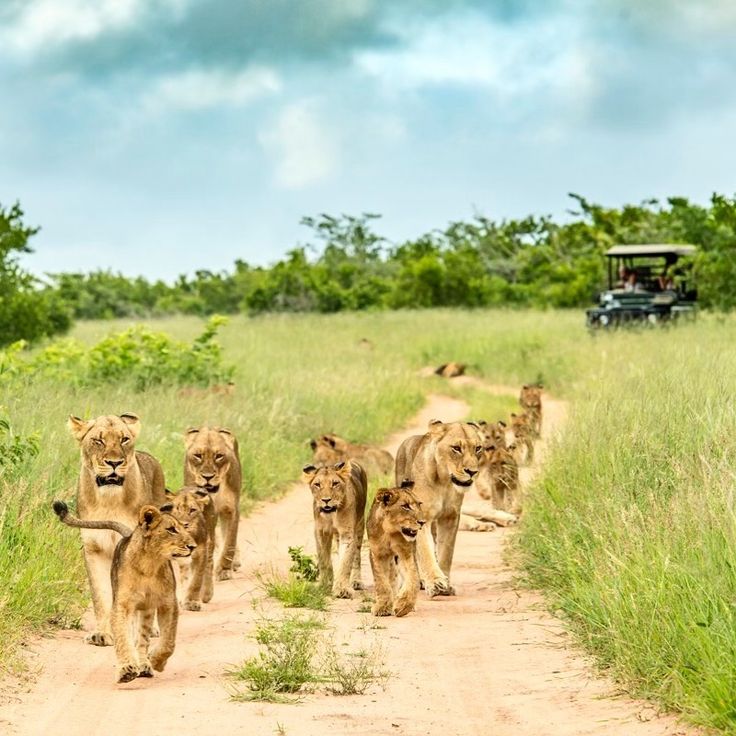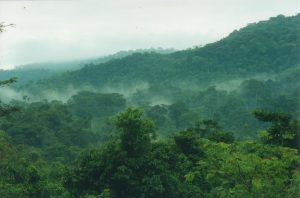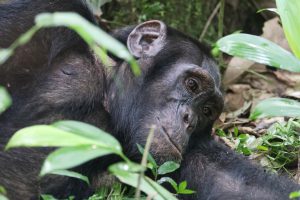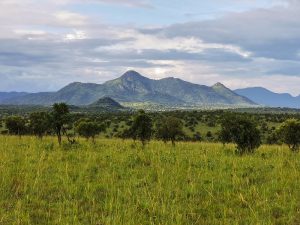10 ways to respect wildlife and culture
Wildlife generally refers to undomesticated animal species living in their natural environments.Culturee, on the other hand,encompasses the shared beliefs ,values,practices and material objects that constitute a groups way of life .therefore the wildlife and culture can refer how human societies interact with perceive and utlize wildlife ,often incorporating cultural beliefs and traditions. 10 ways to respect wildlife and culture
Wildlife
- Encompasses all non domesticated animals including ,mammals ,birds ,reptiles ,amphibians ,fish and insects .
- Can be found in various habitats from forests grasslands to oceans and deserts
- Plays vital roles in ecosystems including ,pollination ,seed dispersal and maintain food chains
- Has nutritionalaethetic ,scientific ,educational and ecological values
- Its conversation is crucial for maintaining biodiversity and healthy ecosystems ,10 ways to respect wildlife and culture
Culture
- A complex system of shared meanings ,values and practices
- Includes language ,religion ,social structures ,traditions ,art ,music and food .
- Shapes how people interact with their environment including wildlife .
- Can influence perceptions of animals ranging from reverence to fear .
- Plays a significant role in shaping conservation efforts
Cultural significance of wildlife
Many cultures imbue wildlife with symbolic meaning using mammals as to tems ,metaphors ,or representations of duties
Human–wildlife conflict
- Cultural practices and beliefs can influence how humans interact with wildlife sometimes leading to conflicts over resources
- Conservation and culture
- Recognizing and respecting local cultures is crucial effective wildlife conservation
- Traditional ecological knowledge
Value of wildlife
Wildlife is crucial for ecological balance ,providing vital ecosystem services and supporting human well being .it plays a vital role in maintaining healthy ecosystems through pollination,nutrient cycling and regulating natural processes .furthermore wildlife contributes too economic benefits through tourism and resource provision while also offering recreational and spiritual value
Ecosystem balance
Wildlife helps maintain the delicate balance of ecosystems by regulating poplations of other species ,controlling the spread of diseases and contributing to nutrient cycling
Pollination
Many animals including insects ,birds and bats are essential pollinators for a wide range of plants ,including crops that humans rely on for food
Seed dispersal
Animals also play a vital role in dispersing seeds which helpsplants to reproduce and colonize new areas ensuring plant diversity
Soil health
Wild animals through their dung and urine contribute to soil fertility by replenishing essential nutrients
Water and air purification
Healthy ecosystems with diverse wildlife can help purify water and air contributing to a healthy environment for humans or other species
Tourism
Wildlife tourism is a signifant source of revenue for many countries ,supporting local economies and creating jobs
Resources
It provides sources like timber ,medicinal plants and other materials that can be harvested sustainably
Research and medicine
Essential for research in fields like evolution ,anatomy and medicine ,potentially leading to new discoveries and treaatments
Recreation and spiritual value
Provides opportunities for recreation such as hiking ,bird watching and wildlife photography ,and can also hold spiritual significance for many cultures
Biodiversity
Crucial for maintaining biodiversity ,which is essential for health and resilence of ecosystems
Cultural significance
Many cultures have deep connections with wildlife, with certain species holding a symbolic or spiritual meaning..
What are threats to wildlife
Habitat loss and fragmentation
Human activities such as deforestation and agriculture are deforestation and agriculture are destroying fragmenting wildlife habitats ,putting many species at risk
Illegal wildlife trade
The illegal wildlife trade of wildlife products such as ivory and rhino horn ,is decimating populations of iconic species
Climate change
Rising temperatures and changing weather patterns are altering habitats and disrupting ecosystems ,making it difficult for wildlife to adapt
Pollution
From human activities can contaminate water sources and habitats harming wildlife and disrupting ecosystems .thereforewildlife is essential for maintaining healthy ecosystems ,providing economic benefits and encriching human lives .protecting wildlife and their habitats is crucial for ensuring a sustainable future of all.
Culture is a fundamental important as it shapes individual and collective indetities ,provides a sense of belonging and influences how people perciev and interact with the world .it acts as aframe work for communication ,transmits heritage and fosters social cohesion .furthermore culture plays a vital role in shaping moral values ,artistic expression and even economic development .
Importance culture
Culture provides a framework for understanding who we are and where we belong connecting us to heritage and community
Communication and understanding
Shared cultural normsand values facilitate communication and understanding between individuals ,fostering social harmony
Preservation of heritage
Culture ensures the continuation of traditions ,customs and knowledge across generations preserving a societys unique identity
Moral and ethical frameworks
Cultural beliefs and values often underpin moral codes and ethical guidelines ,shaping individual and societal behavior
Social cohesion and stability
It fosters a sense of belonging and shared identity and contributing to social cohesion and stability with in communities
Economic development
Factors can influence economic activities such as trade ,tourism and development of unique industries
Artistic expression
Provides a context for artistic expression including music ,dance ,literature and visual arts encriching human experience
Adaptation and change
While preserving the past ,culture also allows for adaptation and change enabling societies to evolve and thrive in the face of new challenges
Global dialogue and understanding
Different cultures is crucial for promoting international cooperation and fostering more interconnected world .
Influence on perception
Shapes how individuals perceive the world influeincing their thoughts ,feelings and behaviours
Culture is dynamic force that shapes our lives in profound ways influencing our identities ,relationships and interactions with the world around us .
Why is culture important in everyday life?
- Culture is a life blood of a vibrant society expressed in the many ways we tell our stories ,celebrate ,remember the past ,entertain ourselves and imagine the future
- Understanding other cultures helps you understand the diversity in human creation,and it is important in dispelling miscommunication as well as misinterpretation .besifdes creating meaningful and valuable relationships with others ,you learn to respect and appreciate their differences.




